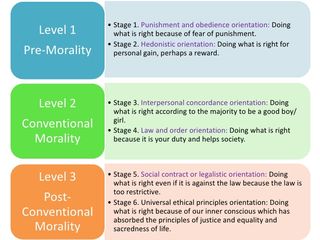What to know about postpartum depression? What does postpartum depression feel like? When does postpartum depression usually begin? Can studying psychology help with depression?

Symptoms arise spontaneously during the first days after. The birth of babies brings utter excitement, bliss, and joy. Yet nearly percent of new mothers suffer from postpartum depression (PPD). This disorder can be mild or severe, and its symptoms. I have experience facilitating group therapy as well as individual therapy.
Perhaps there have been attachment difficulties due to postpartum depression , parent and child separation, or other challenging circumstances. Are you dealing with postpartum depression ? Have you experienced something traumatic? Do you struggle with substance use?

We are a team of counselors with specialty areas to fit your needs! Check out our website for easy scheduling, FAQs, etc. Feel free to call us directly with any questions. Although many more women are diagnosed with postpartum depression today than even a decade ago, clinicians suspect that it’s still vastly underdiagnosed. There’s so much stigma about postpartum depression,” says Susan Hatters Friedman, M a psychiatrist at Case Western Reserve University in Cleveland.
As a society, we expect it to. Post-partum depression is major depression that is caused by and immediately follows childbirth, a miscarriage, or a stillbirth. New mothers experience many strange feelings, but postpartum depression is severe enough to affect functioning. If you have postpartum depression , prompt treatment can help you manage your symptoms and help you bond with your baby.
Like all types of depression , this is not the result of a character flaw, weakness, or anything the mom. If you have some of the early warning signs of postpartum depression , talk to your doctor or counselor right away. The earlier you seek treatment, the sooner you can start to feel like yourself again. Bay Is Here For You with Money Back Guarantee and Easy Return. Anxiety and depression are caused by changes in biology, psychology , and environment.
Postpartum Support International is dedicated to helping families suffering from postpartum depression , anxiety, and distress. As part of postpartum depression treatment, it may be necessary to seek therapy from a mental health professional. The absence of any clear link between hormones and postpartum depression have led some researchers to conclude that causality may be found in social or psychological factors. Psycho-Social Psycho-social and emotional factors seem to be related to postpartum depression to the extent that they act as stressors and impact a woman’s self-esteem. The voices of women suffering from postpartum depression are often silent.
Women are reluctant to reveal to others that they are unhappy after the birth of their babies. Much has been written on possible causes, risk factors, and treatments for postpartum depression , but little has been done to investigate why women take so long to seek help. Psychology Today does not warrant or represent that.
No comments:
Post a Comment
Note: Only a member of this blog may post a comment.